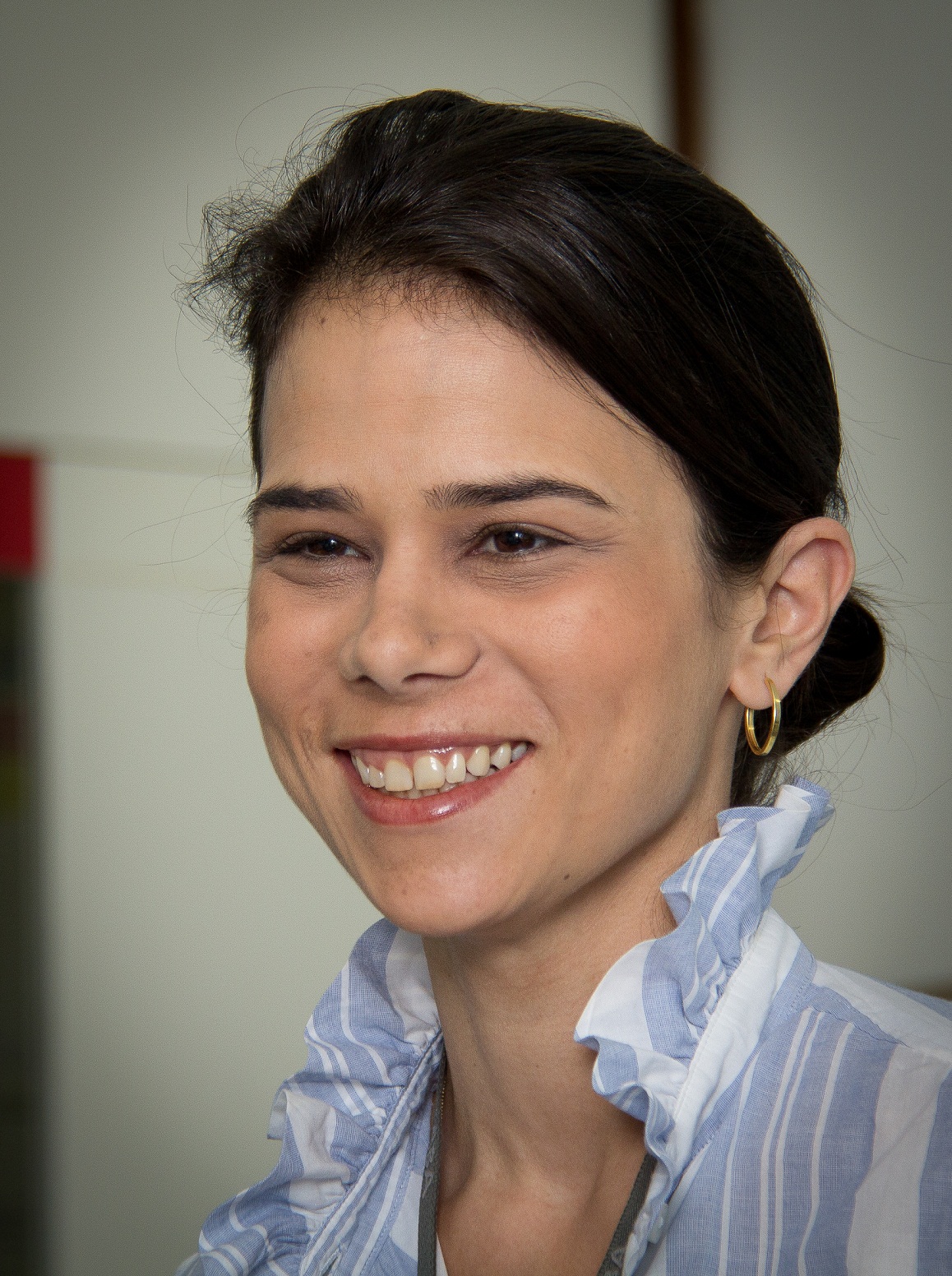5 bons livros disponíveis gratuitamente para você se desenvolver durante o recesso
Então, mais um ano se passou. Se você for como eu, vai olhar para as resoluções do ano anterior (aquelas que você escreveu ainda em 2014) e ver que não conseguiu cumprir boa parte delas. A tão sonhada forma física, o curso de desenho artístico e a viagem à Fernando de Noronha em 2015, por...Read More






